Can I use By pass to save your hand from making coffee? Handmade coffee bypass course
Guide reading
By pass, which originally means "bypass", is often used in the application term of network security devices (refers to a network security device failure, in order to make each network connected to each other, the need for By pass, physical connectivity). And the application of Py pass in hand-brewing coffee will also have unexpected state!
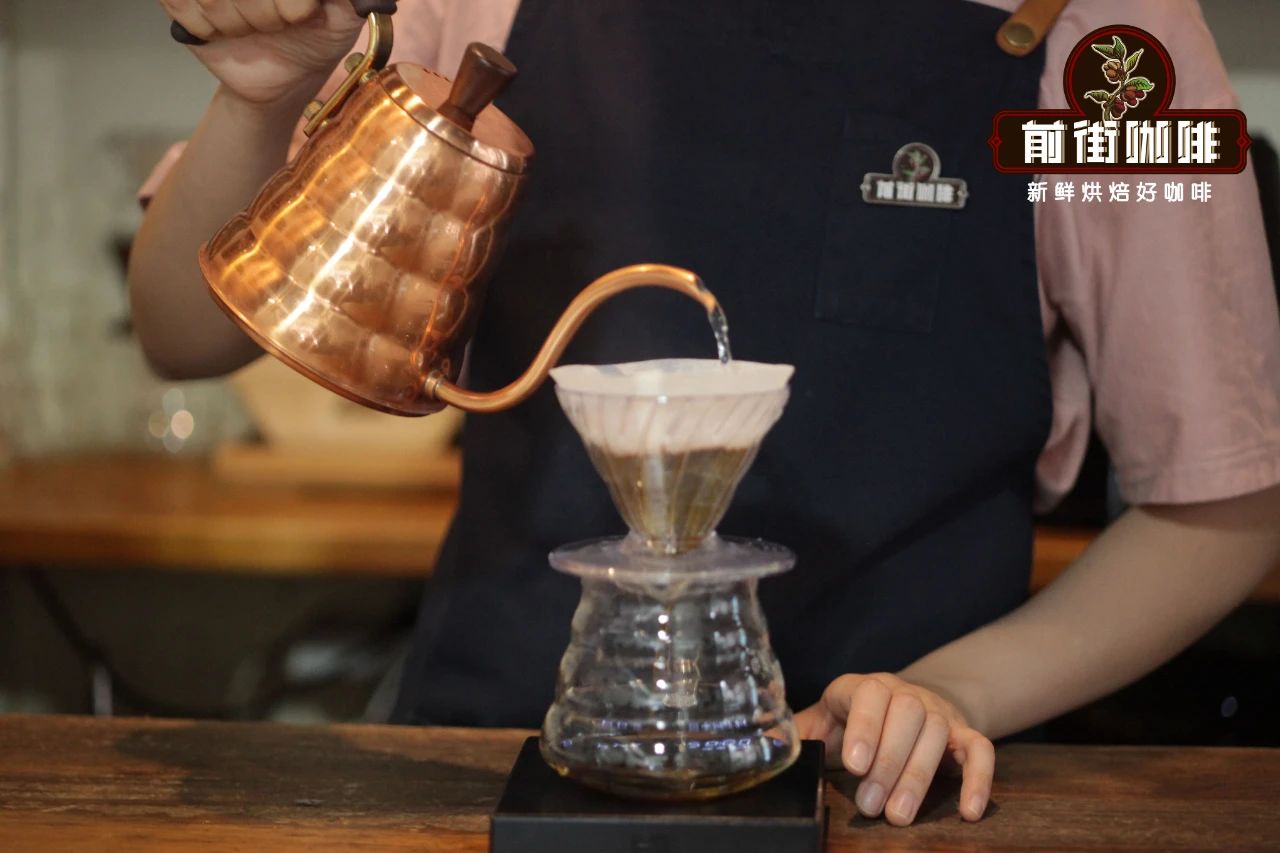
By pass ≠ adds water to the coffee liquid
If you meet some baristas who make coffee and then add some water to the coffee liquid, and call it a By pass. In this regard, Qianjie thought of a sentence, "this is By pass, but it is not exactly By pass."
By pass, hereinafter referred to as its "bypass", will be easier to understand. If we aim to brew a good cup of coffee, the way we brew is the route to this destination, of course, the first thing we think of is "one-size-fits-all", "three-knife flow", "46-stroke" and so on. But these methods can be regarded as the "right way", that is, the hot water we inject passes through the coffee powder and extracts the coffee substance.

If we create another route, instead of passing all the hot water through the coffee powder, some of the water will flow directly into the coffee liquid without passing through the coffee powder, and the water that does not pass through the coffee powder will be called a "bypass". Of course, the essential purpose of using bypass is to get a better cup of coffee. It's not simply diluting coffee with water.
When you encounter these situations, By pass can save your coffee!
① coffee is uncomfortable because of its high concentration.
People's sensory system is complex, some research institutions have done a survey, people's sensitivity to bitterness is the highest, even a trace of bitter rhyme can be detected, and the taste cells that perceive sweetness are concentrated on the tip of the tongue, although people love sweetness very much. but too high concentrations of sugars can make the body react in disgust.
If the concentration of a cup of coffee is too high, the bitter molecules are more concentrated, and all the flavor substances are more concentrated, causing the taste buds to be unable to distinguish more flavors, only magnifying the most sensitive bitterness, resulting in a bitter experience of a cup of coffee.
However, inject some impurity-free water into your high concentration of coffee to reduce the concentration of the coffee liquid, so that the taste will "change". For example, in an experiment in Qianjie, when the powder-to-water ratio of 1:15 was used in brewing a type of coffee bean, the concentration was detected by the concentration meter to be 1.42%, and the extraction rate was calculated to be 18.73%, which is in the reasonable extraction rate range of coffee. But through tasting, it is difficult to distinguish the flavor because of the high concentration.
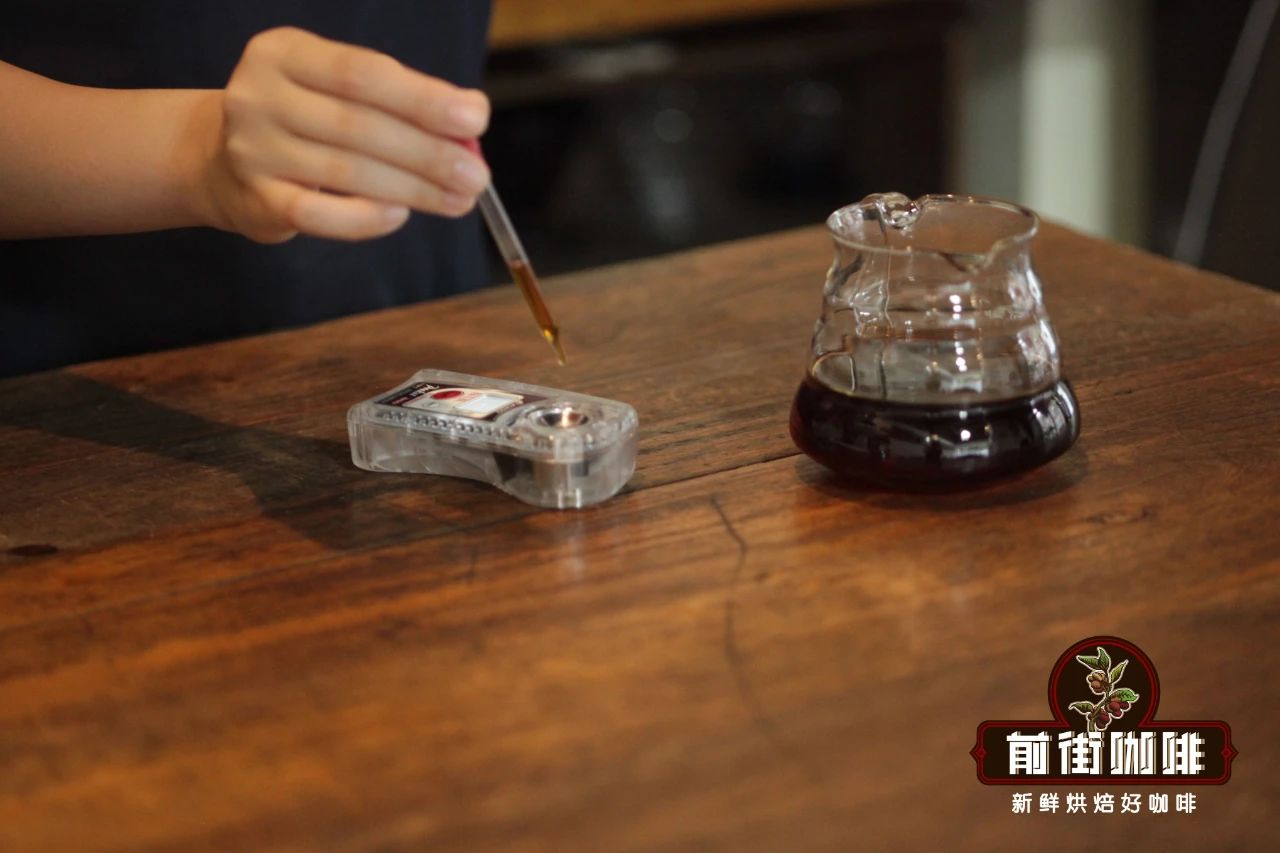
Then the hot water of 20ml is injected into the coffee liquid to reduce the concentration of the coffee liquid to 1.26%. When we taste it again, the flavor becomes clear and the whole becomes comfortable.
② 's understanding of the cooking of some coffee beans.
This kind of situation is the best embodiment of By pass theory. For example, some beans are due to density, defect rate or bean cultivation period. Using the usual cooking method, it is extremely easy to extract the negative flavor. However, it is easy to avoid these negative flavors with By Pass.
For example, when brewing a coffee with normal parameters, you can obviously feel a sense of bitterness or a strong smell of melon seeds and almonds (the flavor of the coffee that normally does not appear), and when determining the cause of over-extraction at the end of the coffee, you can use the 1:13 powder-water ratio for brewing, and then add twice the powder amount of bypass water, then you will eventually form a coffee liquid with a powder-to-water ratio of 1:15. However, because the final water does not pass through the coffee powder but is directly added to the coffee liquid, it can effectively avoid the bitterness at the end.

③ due to the negative flavor caused by the cooking process.
Of course, By pass can also save your cooking to some extent. When the coffee concentration is on the high side and excessive extraction is caused by brewing mistakes, a small amount of bypass water can be added to dilute it. In this way, if the mild bitterness is diluted, it will become difficult to detect.
However, if you are a barista, it is not recommended that you use By pass because of this situation. Instead of misinterpreting the meaning of By pass, you should devote more energy to developing hard skills. Most people who have misunderstandings about By pass think that baristas add water to the coffee liquid to cover up the negative flavor of the coffee, and the subconscious will realize that the cup of coffee is not good. Therefore, if you are a barista, you should correct your name for By pass.
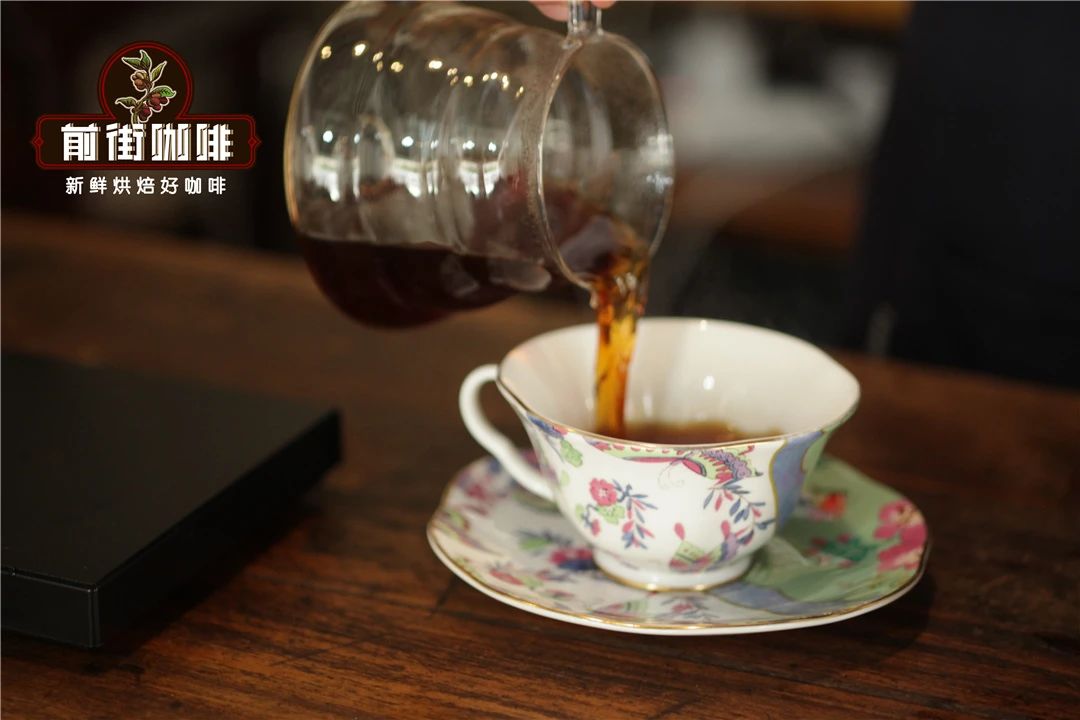
④ was clogged due to too much fine powder during cooking.
This situation belongs to the suspicion of being outstanding in the brewing process, and immediately decided to use flexible brewing methods, which is essentially different from the ③ point. ③ belongs to things that have already happened and needs to be remedied, while ④ uses other ways to achieve the goal of brewing a good cup of coffee in the course of things.

When brewing, if you find that the end of the water is blocked because of too much fine powder, then, if you do not do anything, then the cup of coffee is very likely to taste bitter. Therefore, in order to avoid this situation, we can choose river closure, and then through the bypass water to add the proportion of powder to the target amount.
Important Notice :
前街咖啡 FrontStreet Coffee has moved to new addredd:
FrontStreet Coffee Address: 315,Donghua East Road,GuangZhou
Tel:020 38364473
- Prev
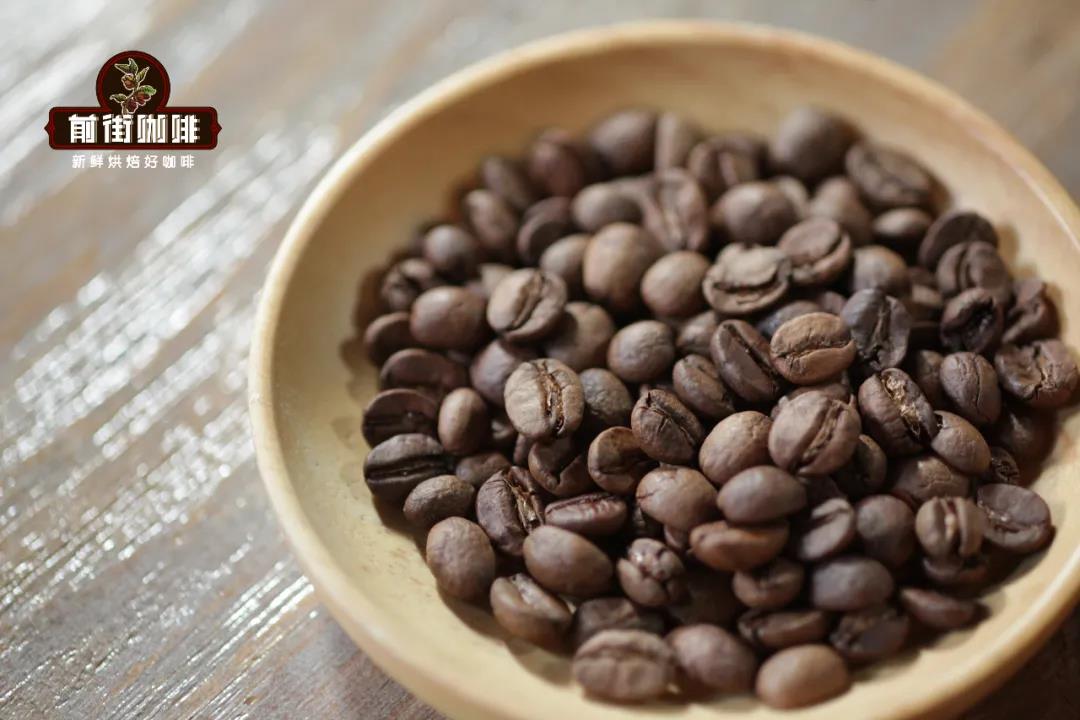
Costa Rican Stonehenge Manor anaerobic heavy Black Honey treatment Coffee Bean Water temperature Grinding degree Powder Water ratio
Professional coffee knowledge exchange more coffee bean information please follow the coffee workshop (Wechat official account cafe_style) Costa Rica Stonehenge Manor Blueberry Coffee Bean production area: Costa Rica Bronka Manor: Stonehenge Manor altitude: 1500-1700m treatment: anaerobic heavy honey treatment varieties: bourbon, Kaduai grade: SHB introduction to coffee beans introduced from Cuba in 1729
- Next
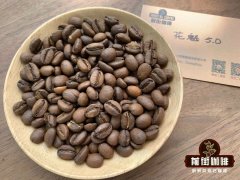
Comparison of coffee beans and small grain coffee beans newly produced in Ethiopia in 2021
Qianjie is also very concerned about the arrival of Huakui Coffee 5.0 in the new production season in 2021. When the first batch of Huakui 5.0 arrived at the store in April, Qianjie immediately roasted and tested it, and compared it with the small Huakui coffee beans specially loved by Qianjie. How to distinguish between Huakui coffee beans? Open the search engine to search for Sakuran coffee beans, you will find that there are Sakui 2.0, 3.0, 4.0 before
Related
- Beginners will see the "Coffee pull flower" guide!
- What is the difference between ice blog purified milk and ordinary milk coffee?
- Why is the Philippines the largest producer of crops in Liberia?
- For coffee extraction, should the fine powder be retained?
- How does extracted espresso fill pressed powder? How much strength does it take to press the powder?
- How to make jasmine cold extract coffee? Is the jasmine + latte good?
- Will this little toy really make the coffee taste better? How does Lily Drip affect coffee extraction?
- Will the action of slapping the filter cup also affect coffee extraction?
- What's the difference between powder-to-water ratio and powder-to-liquid ratio?
- What is the Ethiopian local species? What does it have to do with Heirloom native species?

